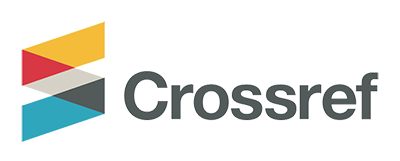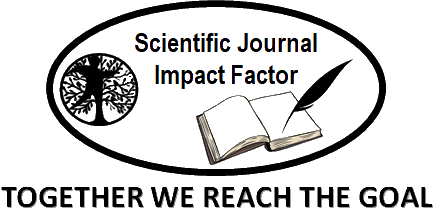Monetary Policy Shocks and Economic Growth: New Evidence from Nigeria
Keywords:
Monetary policy, Shocks, Expansion, Contraction, Economic growth, SVARAbstract
This study examined the impact of monetary policy shocks on economic growth in Nigeria for the period 1991 to 2020. This was with a view to providing further insight into how expansionary and contractionary monetary policies influence the growth of the economy. Secondary annual data on real gross domestic product, real exchange rate, real interest rate and external income from oil were used for the study. The data were sourced from Statistical Bulletin of the Central Bank of Nigeria. Structural vector auto-regression (SVAR) was used to examine the growth effects of monetary policy shocks. The study revealed that output responded positively to the expansionary money policy shocks but negatively to a contractionary interest rate shocks, while domestic output tend to reduce in the first four years and this continues in subsequent periods. Findings also showed that the contraction of monetary policy shocks does not directly affect foreign income and that much of the variation in economic growth in both the short-run and long-run is explained by its own shocks, closely followed by the shocks to foreign income, exchange rate and interest rate with 0.76%, 0.42% and 0.21%, respectively. The study concluded that expansionary monetary policy positively influence economic growth in Nigeria.
Downloads
Published
How to Cite
Issue
Section
License
Copyright (c) 2023 Journal of Business and Environmental Management (JBEM)

This work is licensed under a Creative Commons Attribution 4.0 International License.
















